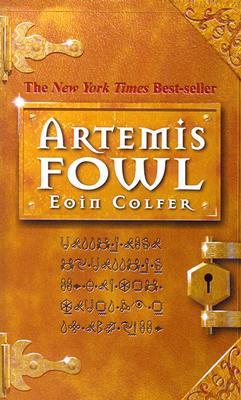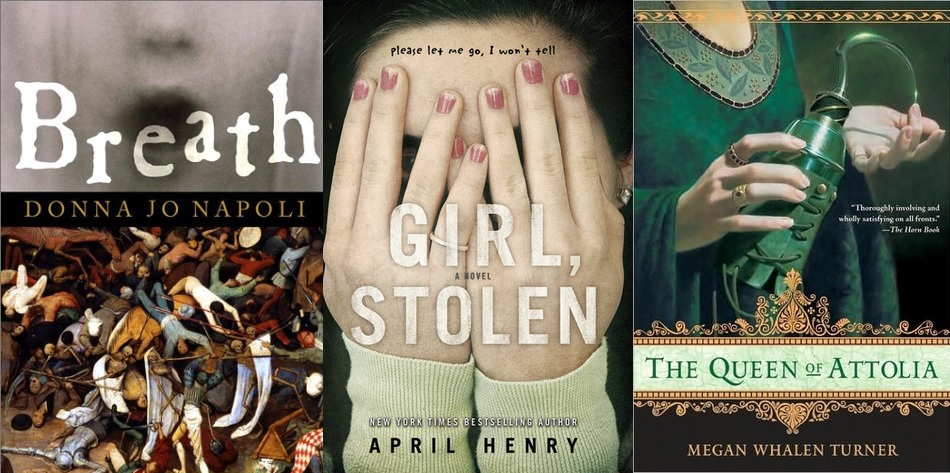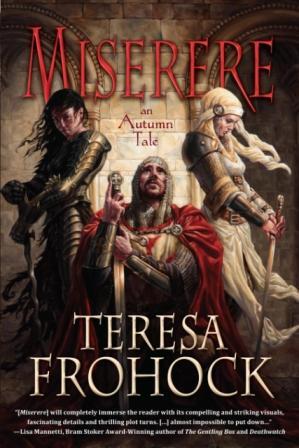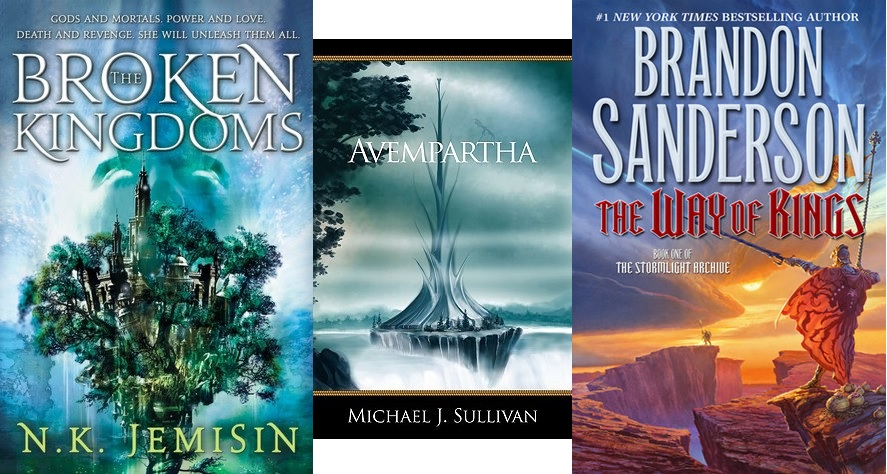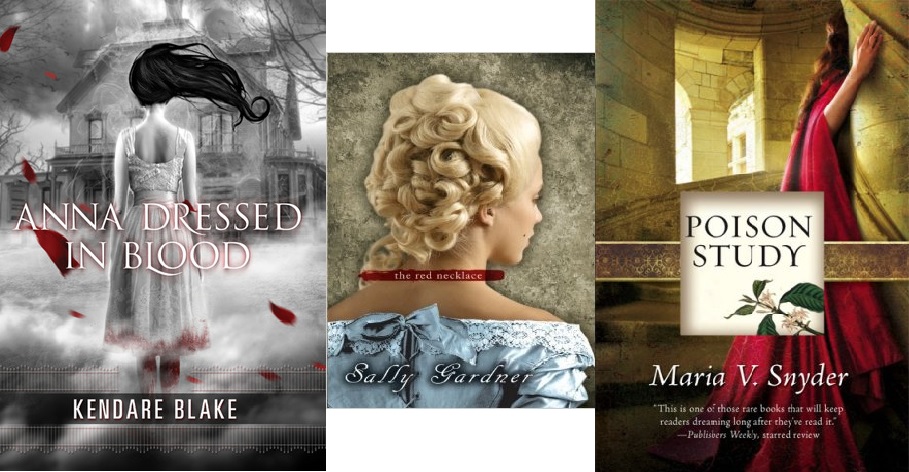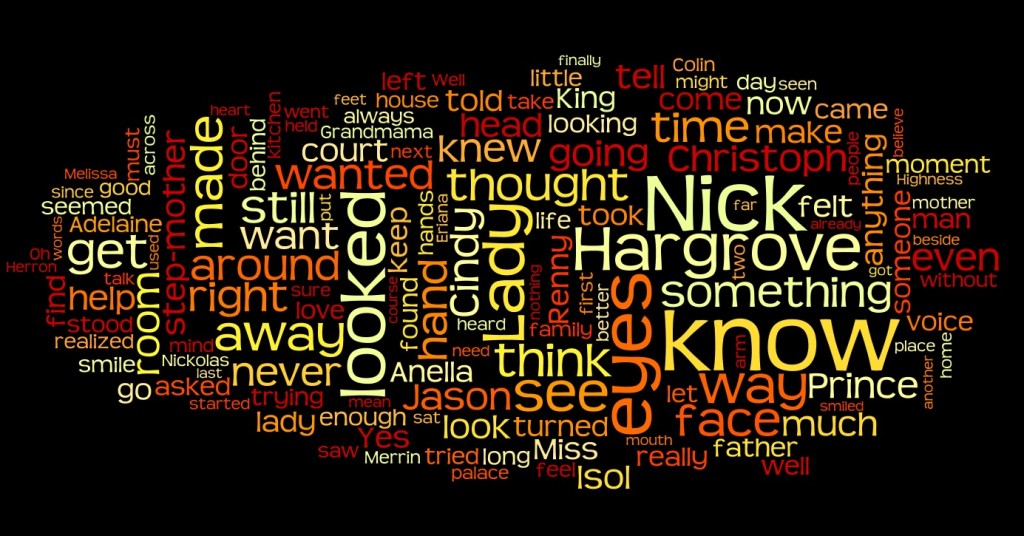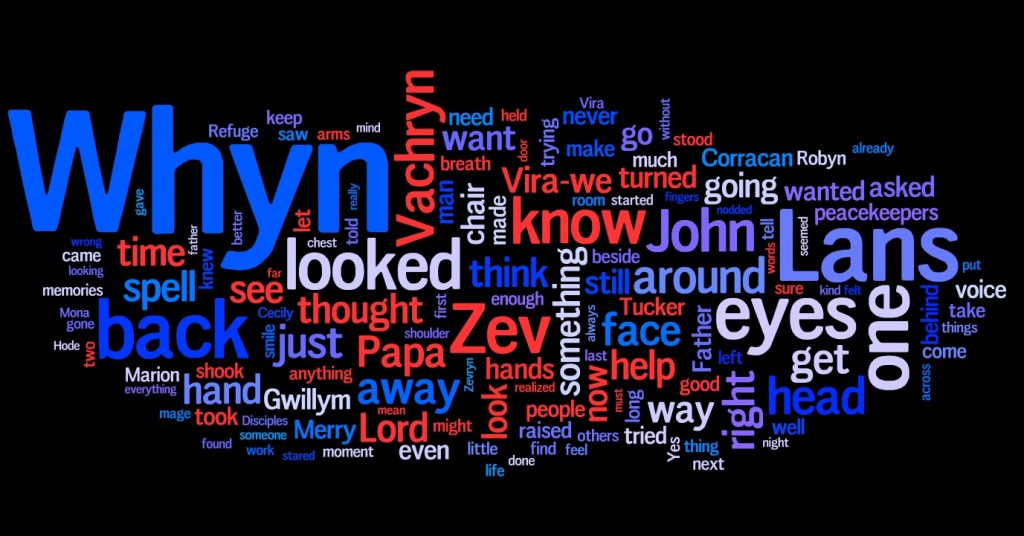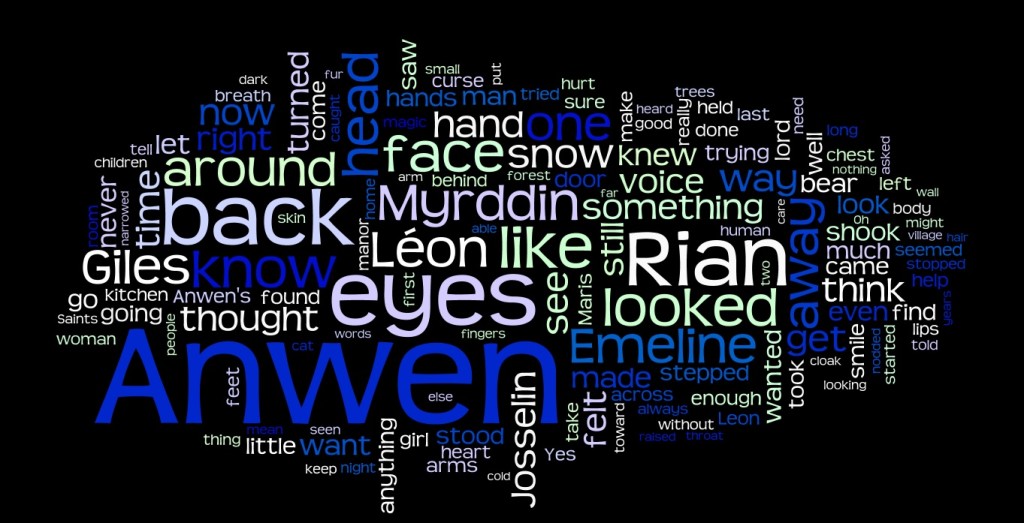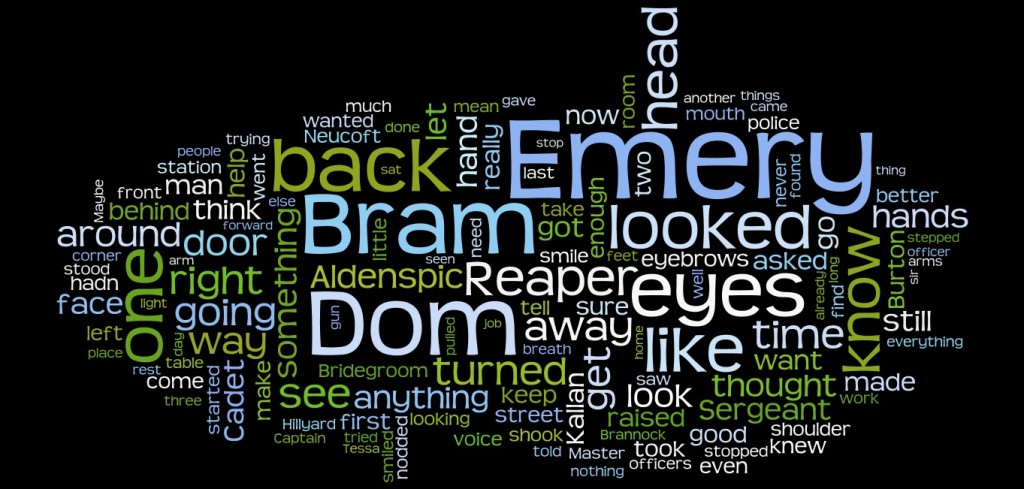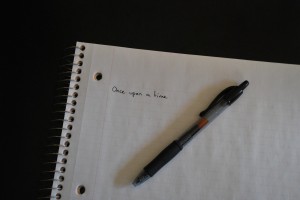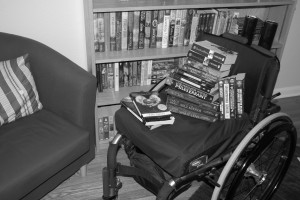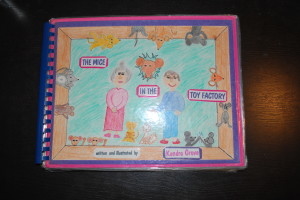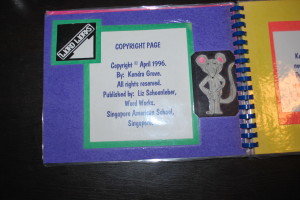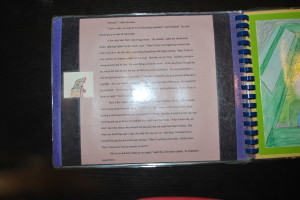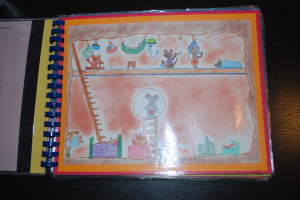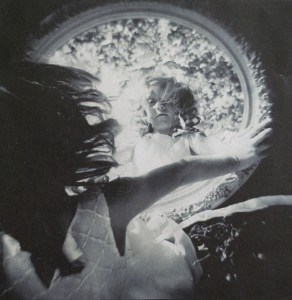So, I'm deep in the third week of Nanowrimo, and with 20,000+ words still to go, the creative juices are spread thin (how's that for a mixed metaphor?). I figured for today, I would share some of the diamonds that have appeared in the rough draft (get it? get it? oh my gosh, I'm so tired). The book I'm working on is called TALON Force for now and it's about a fourteen year old hacker who is recruited into a covert government agency that protects magical creatures called phenomenals.
Enjoy.
His mom looked up and squinted at him. “Don’t forget school starts tomorrow. Lights out by 11:30, okay?”
Nate’s stomach flipped. How could he forget? After five years of learning physics and calculus around this very table, he’d be headed to the local high school for ninth grade. But that’s what happened when your dad agreed to more hours with the Bureau and your mom was offered a position in the lab of her dreams.
“We’ve talked about it, I know," she said. "But it bears repeating. No working outside the curriculum. If you’re bored, read the next chapter or something.”
“No reprogramming the computers,” his dad added.
Nate opened his mouth to protest but his dad waved an S tile at him. “Not even to make them more efficient,” he said.
Nate snapped his mouth closed and scowled.
“And no building killer robots,” Jessie put in with a smirk.
“That wasn’t my fault. If Vince Price hadn’t messed with my power regulator everything would have worked fine.”
“Tell that to Mr. Holland.”
“How is he?” his mother asked.
“I hear his therapy is coming along really well,” Jessie said.
"Dr. Demarco, Mr. Demarco, your son has seen too much,” the man said.
Nate gulped. “You mean they’re real?” he said.
“What’s real?” his dad asked.
The men glared and Nate snapped his mouth shut.
His mom sighed. “We said no more hacking, Nate. You promised.”
He hung his head. Jessie had her elbows propped on the table and she was watching intently.
“So what are you going to do with him?” his mom said. “Hard labor? The gallows?”
The men eyed her sideways and one of them said, “He has two choices. The first is a maximum security facility designed to hold people like him where he will be locked away unharmed and he can never tell anyone what he’s seen.”
His mom raised an eyebrow. “Sounds cozy.”
“Mom,” Nate said. Even when things were dire she couldn’t help cracking jokes. It was embarrassing.
“Just be sure to feed him his vegetables.”
Nate really really didn’t want to go to prison. Especially one without computers or the Internet or Teen Titans. “What’s the other option?” he said.
One of the men crossed his arms and looked down at Nate who still sat at the dining room table, limp green salad pieces littering his plate and the floor under his chair.
“Join the agency that was created to protect and conceal what you saw.”
“Protect?”
“Yes, of course.”
“I’d be working with them? Like up close?”
The man inclined his head.
“But that’s, I mean they’re—” He looked at his interested family and rephrased what he was about to say. “Is that safe?”
“You could always choose the other option,” one of the men said. He looked kind of hopeful. Like he really wanted to lock Nate away in a little room with no Internet. “It is safer, as you say.”
Working with monsters? Real life ones? Nate had always thought it would be cool to get a job with a game developer programming the creatures he fought in video games but this was entirely different. He’d be coming face to face with them, maybe fighting them. No, the guy had said protecting. But that girl in the video had definitely been fighting that snake lizard that looked just like the one in Slayer.
The corners of Nate’s mouth started to lift as he thought about it. He’d be a slayer in real life. Maybe he’d even get a sword.
“Well?” his mom said. “What’ll it be?”
Nate grinned up at them. “I, uh, choose the not jail thing.”
“Really?” the one man said looking disappointed. “Are you sure?”
“Yeah,” he said. “I choose the agency.”
He realized he was sitting in water up to his waist, no big deal, but the hands were still clutching at him. He dug his own hands into the bottom of the bay and hung on so whatever had him couldn’t drag him any further.
The hands surfaced, long delicate fingers clinging to his jacket. They were attached to slim pale arms. A head covered in long blond hair appeared and a solid body pushed him back into the surf.
Nate found himself looking up into the most beautiful face he’d ever seen. Even Mei’s dark eyes and hair couldn’t compare to the perfect features of the girl who was lying on top of him.
Naked.
Nate flushed before he realized all the interesting parts were covered by her wet hair. Even still, he raised his hands, keeping them out to his sides where they wouldn’t touch anything by accident.
“Hi,” the girl said and smiled. Dazzlingly.
“Nate!” It was his dad who skidded to a stop beside them, pebbles showering both Nate and the girl.
Nate held up a hand. “It’s okay,” he said. At least he thought it was okay. She didn’t seem to be trying to kill him. Yet. But his encounter with the kelpie had made him wary.
“Hello,” he said.
She beamed even brighter, if that was possible, as if he’d said the nicest thing in the world.
More feet clattered on the beach behind him and he heard a gasp. He tried not to groan. Because he really needed his mom and his sister to witness his humiliation as well.
“I knew they were real,” Jessie whispered somewhere over his head. “I just knew it.”
Uh oh.
“Um,” he said to the perfect girl who now had her fingers twined in his hair. “So what are you?”
She ducked her head with a shy smile and he felt her weight shift. He saw a tail emerge behind her head. A fish tail.
Oh god, he’d found a mermaid.
“Are you a sailor?” she said.
“What?” He tried to wriggle out from under her, but apparently five feet of fish and woman weighed a lot.
“You look like a sailor,” she said and bit her lip coyly. “Will you be my sailor?”
“Nate?” his dad said again.
“Uh,” Nate said. “Give me a second. I’m not really sure what’s happening.”
“She’s a mermaid, gnat,” Jessie said with a “duh” she didn’t say but he could hear anyway. “They’re always seducing sailors to drag down into their underwater kingdom.”
The mermaid smiled again and nodded. “Wanna come?” she said.






